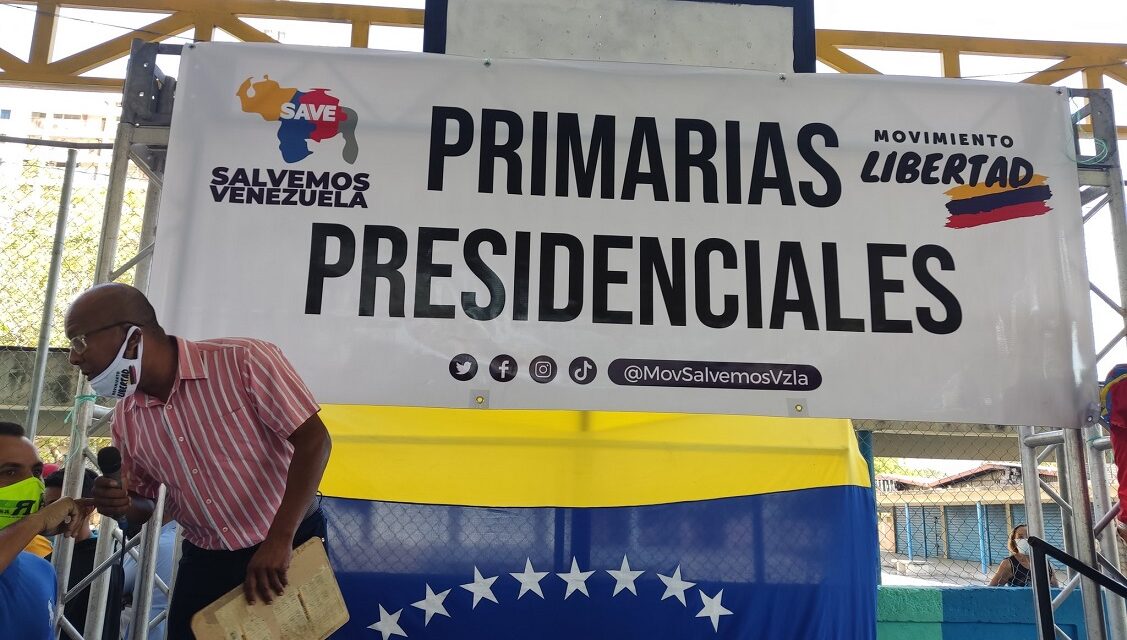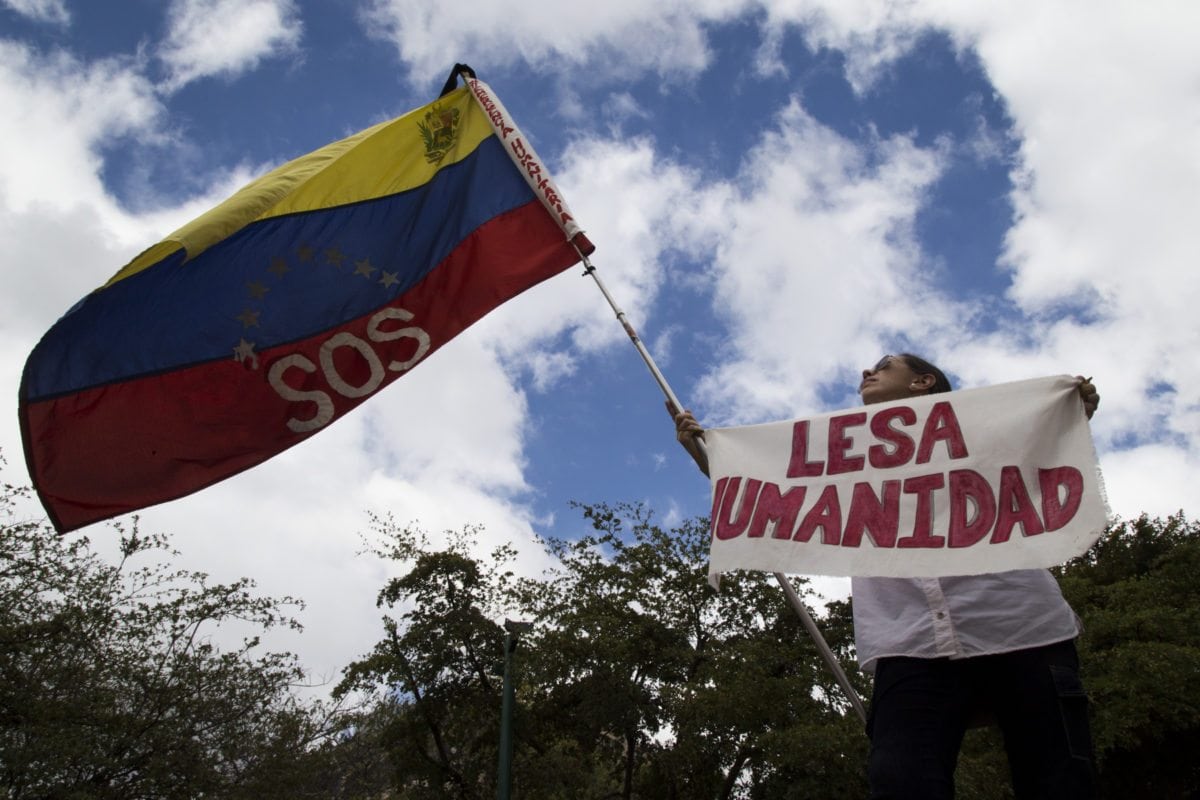- A recent survey concluded that the Venezuelan government is hindering the rights to access to information, public participation and justice in environmental matters, as well as the protection of environmental rights defenders.
- A part of the respondents affirmed having received threats, intimidation, and online harassment against them and often seeing their work obstructed.
- The Venezuelan State must urgently sign and implement the Escazú Agreement in order to move toward the full realization of these rights.
The Venezuelan government is failing to comply with constitutional obligations regarding the defense of the rights to access to information, public participation and justice in environmental matters, as well as the protection of environmental rights defenders.
These were the conclusions of the report Acceso a la información, participación y justicia en temas ambientales en Venezuela. Las organizaciones de la sociedad civil opinan sobre el Acuerdo de Escazú (Access to information, public participation and justice in environmental matters in Venezuela. Civil society organizations voice their opinion on the Escazú Agreement), published on May 8 by the Venezuelan environmental NGO Clima21.
The report describes the results of a survey carried out among Venezuelan civil society organizations that work directly or transversally on environmental issues.
The instrument was aimed at assessing the knowledge of Venezuelan civil society organizations about the Escazú Agreement, as well as their perception of the situation of the rights to access to information, public participation and judicial mechanisms, as well as the protection of environmental human rights defenders.
An important consideration underlying this investigation is that, even though the Venezuelan State refuses to sign the Escazú Agreement, a regional legal instrument aimed at strengthening these rights, all of them were recognized by the Venezuelan Constitution.
The main findings of the survey are presented below:
The organizations surveyed indicated that access to environmental information in Venezuela is limited and official agencies very rarely publish pertinent information on environmental issues.
Likewise, most of them indicated that they are not called to participate in the process of consultation, implementation or evaluation of environmental public policies. Despite this, most are willing to participate in this type of activity.
Only a small percentage of the responding organizations have made use of judicial mechanisms for the solution of environmental conflicts. The reasons given for not exercising this right are mainly the lack of knowledge about the processes of filing a judicial action and the mistrust of the Venezuelan justice system as a mechanism for solving problems.
Most of the consulted organizations consider that the defense of environmental rights in Venezuela is an unsafe activity. A quarter of them affirmed having received threats, intimidation, and online harassment against them and seeing their work obstructed. Half of the organizations know other groups that have suffered the same problems.
Finally, almost all of the organizations affirmed that the defense of territorial rights by indigenous peoples and traditional communities is not safe, and they were able to identify the exertion of violence by the government, criminal gangs and foreign rebel groups as the main cause of this situation.
In conclusion, the Venezuelan government must urgently comply with its obligation to respect, protect and adopt adequate measures to enable the full realization of the rights to access to information, public participation and justice in environmental matters, as well as the protection of environmental and territorial rights defenders.
Failure to act in this sense will make environmental protection in Venezuela even more difficult and will increase the risks to the life and safety of environmental human rights defenders, including environmental activists, journalists and indigenous leaders who defend their ancestral territories.
To strengthen compliance with these constitutional provisions, the Venezuelan State must urgently sign, ratify and implement the Escazú Agreement.
Find the report Acceso a la información, participación y justicia en temas ambientales en Venezuela. Las organizaciones de la sociedad civil opinan sobre el Acuerdo de Escazú by clicking here.
Translated by José Rafael Medina




